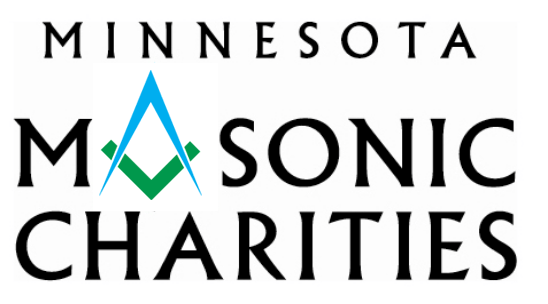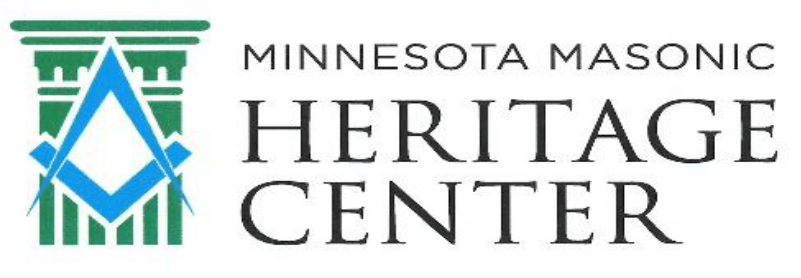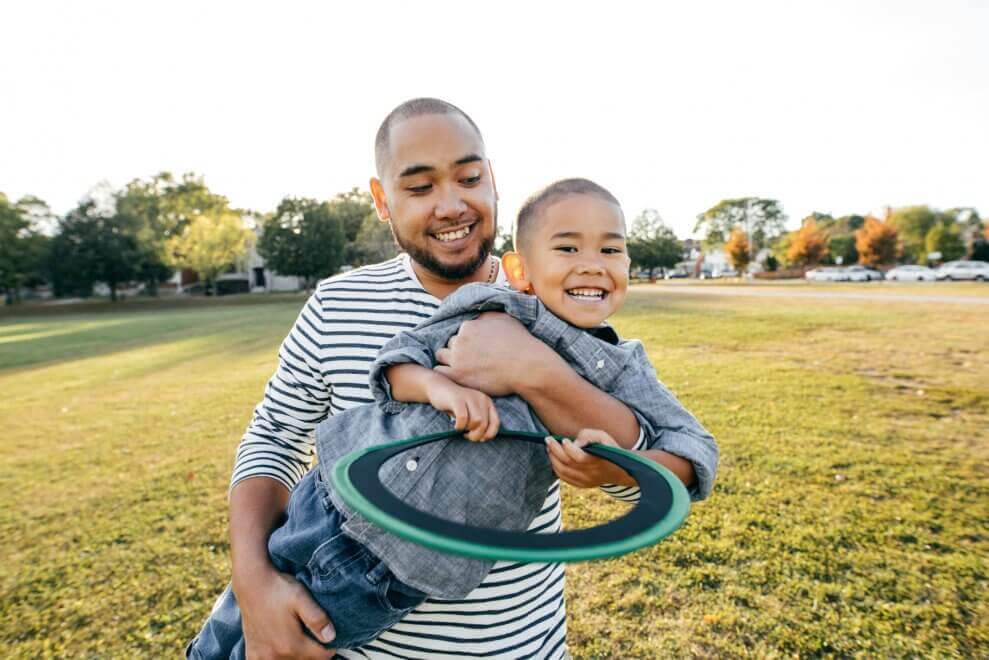Where would you turn if you discovered your young child was unable to communicate?
In Northeastern Minnesota and Northwestern Wisconsin, families inevitably seek the help of the Minnesota Masonic Children’s Clinic for Communication Disorders. There, hundreds of families have learned how to unlock the world of communication for their children, without being charged for services. Often, the clinic’s support is critical at a time when emotions can run high for families.
“It was pretty overwhelming,” said Wayne Welsh when he and his wife, Jenna, were faced with a diagnosis of Autism Spectrum Disorder for their youngest child, Deborah, back in 2018. The couple had recently moved north from Florida, and were concerned about Deborah’s lack of verbalization.
“We were homeschooling before that,” said Jenna. “That sort of went out of the window. At the time, she was extremely speech delayed. She would have meltdowns. You really had to watch her.”
But the couple had heard good things about the Masonic Children’s Clinic and eventually received the help of speech/language pathologist, Natalie Wark.
“When Deborah began therapy, she was three years old and only spoke a few words,” said Natalie. “At the initial evaluation she was diagnosed with expressive and receptive language delay, and later, the diagnosis of Autism Spectrum Disorder (ASD).”
As Deborah’s therapist, Natalie’s first challenge was regulation. Deborah’s sensory system was either overreacting or underreacting, making it difficult for her to concentrate. Transitions could cause Deborah to feel uncomfortable, often resulting in those meltdowns. Natalie worked to provide sensory input and visual aids to help Deborah organize her body, making it easier for her to focus on communication.
The second challenge was to find ways for Deborah to express herself and build up her confidence. Natalie looked at various forms of communication, such as the use of pictures, iPad programs, eye gaze and gestures, to augment their sessions along with verbal communication.
“Deborah quickly learned to navigate the iPad app we used, called ‘Speak for Yourself,’” said Natalie. “It helped build her confidence in communicating with me.”
Parents Jenna and Wayne reinforced that confidence by implementing schedules and visuals at home to increase Deborah’s ability to successfully communicate outside of therapy sessions. Soon, Deborah was progressing from utilizing a few words, to being able to communicate her wants and needs to her Mom, Dad and siblings, John (9), Leah (8) and Lucy (1).
“Her play with them has changed,” said Wayne. “She’s not as easily fed up with her brothers and sisters as she used to be.”
Now six years old and a graduate of the clinic’s program, Deborah has excelled in numerous ways, reports Natalie. “She has become a verbal communicator,” she said. “Socially, she has demonstrated tremendous growth. When she started therapy, she did not always notice others in the room. But now, she participates in our Buddy Group.”
“You get the feeling that everybody really does care about Deborah,” said Jenna. “All the therapists and the receptionists and everybody that works there want the kids to do well. I feel like I’m cared about too.”
Breakthroughs like Deborah’s are part of the daily goings-on at the clinic, which uses the power of play to coax speech and language out of their young clients.
“Now she’s a barrel of questions!” Wayne said. “We’re really thankful for everything Masonic Children’s Clinic has done for Deborah. It’s a huge help to her and our family.”






